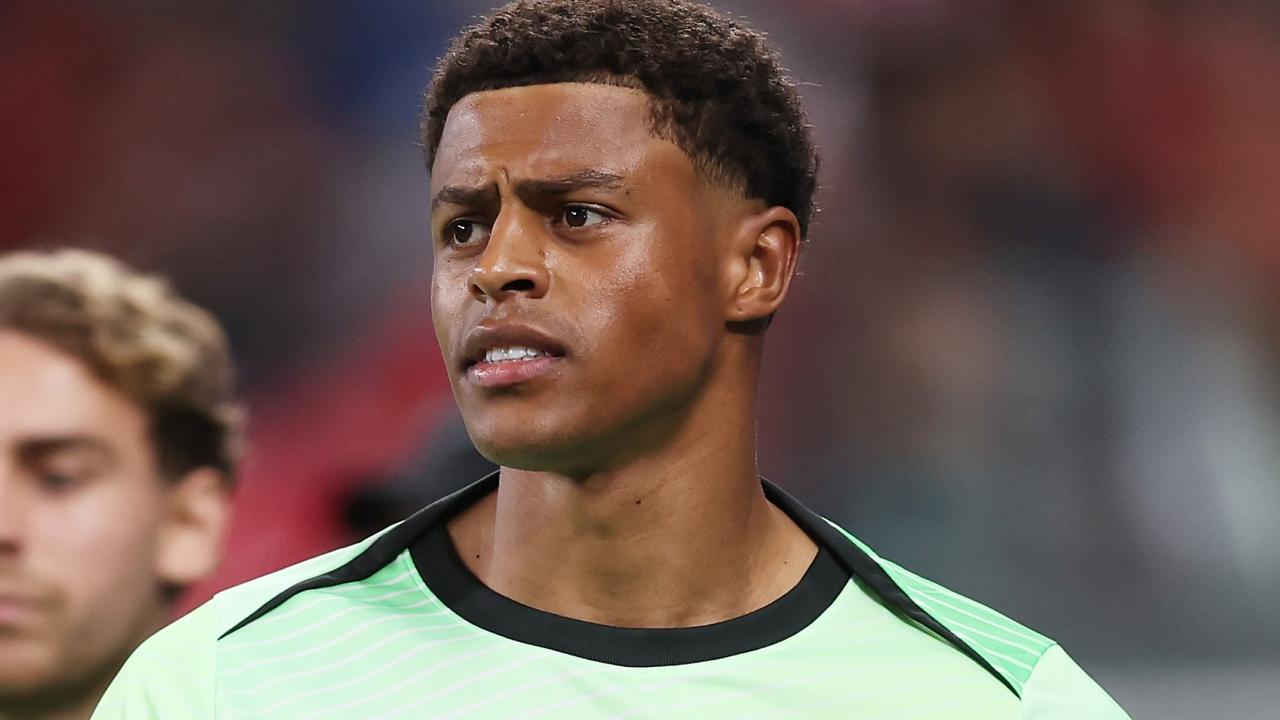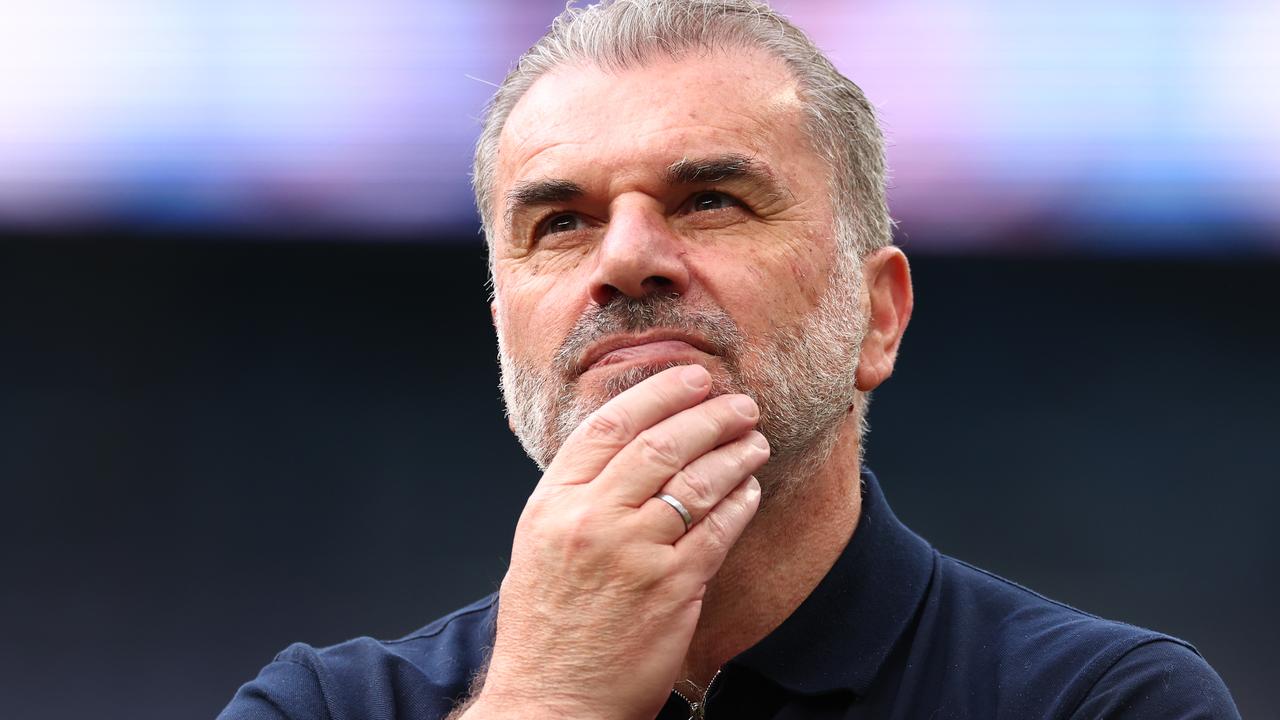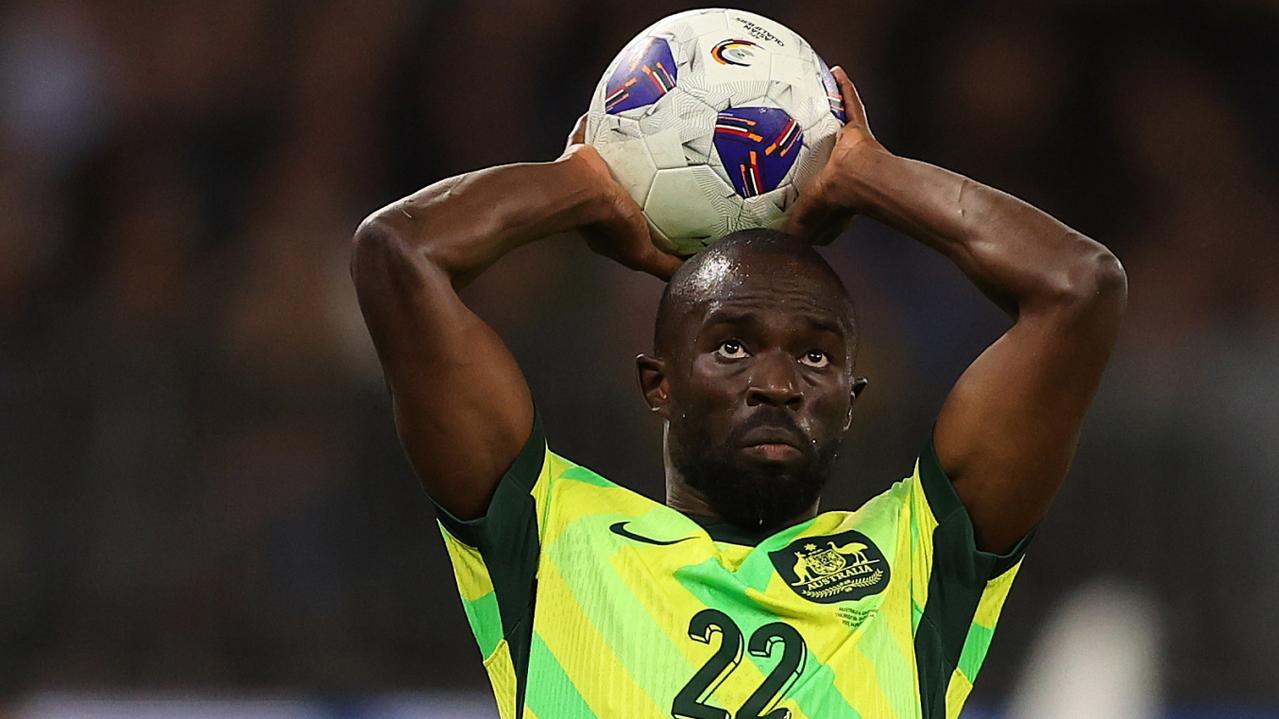Manchester City’s two-year ban brought about by ‘leaked’ emails
Manchester City’s seismic ban rocked the football world with the club being brought to its knees following a lengthy investigation.
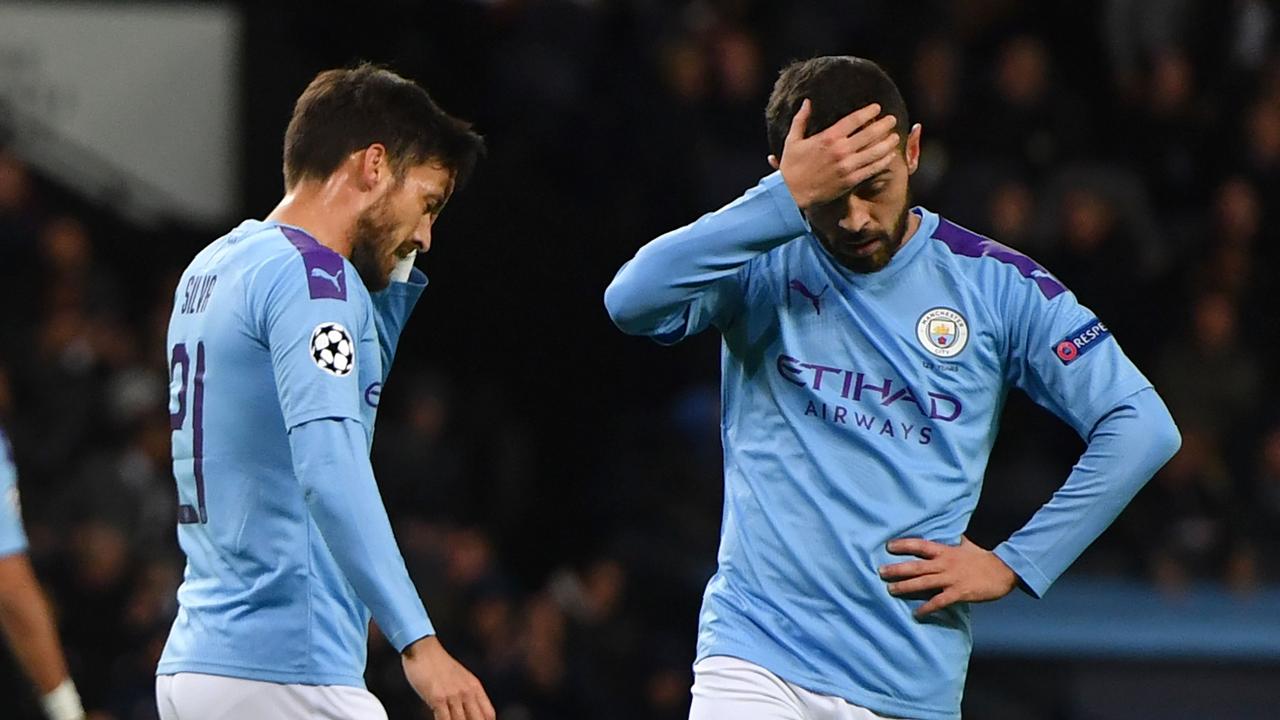
Manchester City’s staggering two-year ban from all UEFA competitions left jaws on the floor when the punishment was handed down on Saturday morning (AEDT).
The ban sees one of the biggest clubs in the world banned from competing in any European competition, including the Europa League, until the 2022-23 season.
Watch the biggest matches of the Emirates FA Cup LIVE with ESPN on KAYO. New to Kayo? Get your 14-day free trial & start streaming instantly >
Along with the two-year ban, the club was also hit with a $A48m fine for “serious breaches” of the Financial Fair Play (FFP) regulations.
UEFA’s Club Financial Control Body (CFCB) found the club guilty of falsely inflating sponsorship revenues when submitting accounts as part of the FFP compliance process.
READ: Shock over seismic Man City ban
The guilty verdict was handed down following a long-running investigation that was triggered after German magazine Der Spiegel reported “leaked” emails and documents in November 2018.
“This investigation has been going on for a while. It actually started when all the hacked emails of clubs and football agents by ‘Football Leaks’ ended up with a German magazine called Der Spiegel. They went through all these emails and came up with the story accusing City of breaking FFP rules, deceiving UEFA,” Sky Sports’ Kaveh Solhekol wrote.
They appeared to provide evidence that Manchester City owner Sheikh Mansour bin Zayed Al Nahyan, of the Abu Dhabi ruling family, was mostly funding the sponsorship of the club’s shirts, stadium and academy via his nation’s Etihad airline.
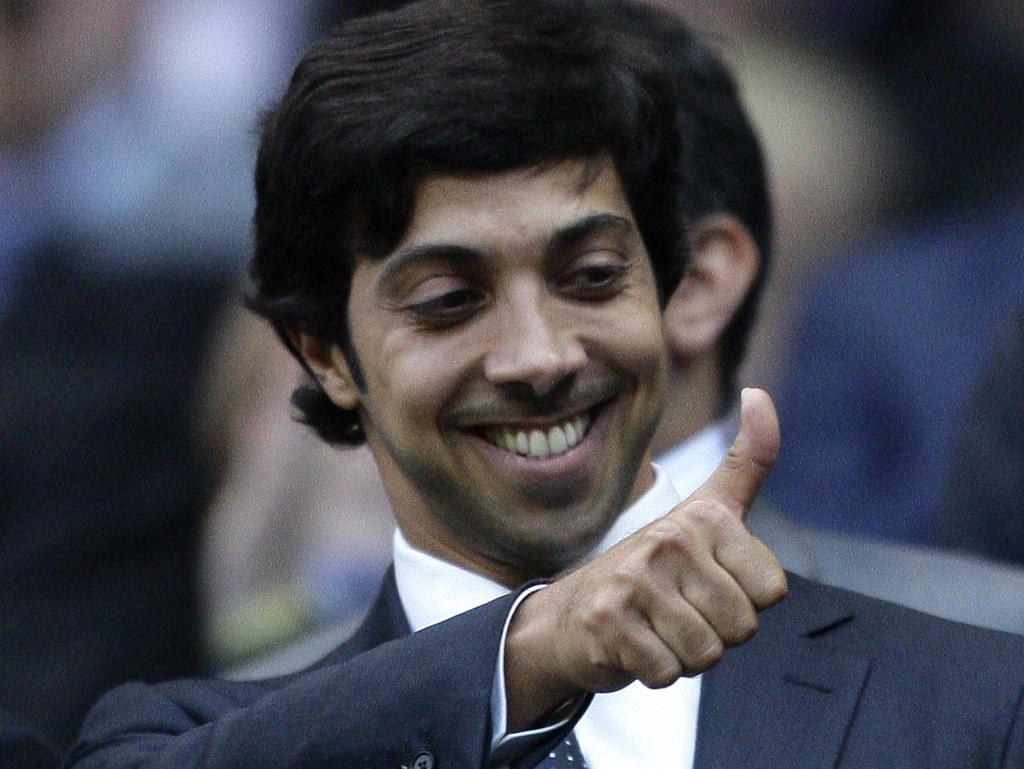
One of the emails leaked claimed that just $A15m of that sponsorship in the 2015/16 campaign was funded directly from Etihad.
City has never disputed the authenticity of the information contained in internal emails that were published by the German media outlet.
The emails, according to Der Spiegel, were being sent internally at City showing the manipulation of sponsorship revenue from Etihad Airways, the state-owned airline from Abu Dhabi.
The sponsorship was said to generate 67.5 million pounds ($A131 million) annually for City.
But City’s holding company — the state-backed Abu Dhabi United Group — channelled 59.9 million pounds ($A116 million) back to Etihad, according to Jorge Chumillas, the club’s chief financial officer, in an internal email to club director Simon Pearce.
The leaks showed how City allegedly tried to artificially raise its revenue, in one case by 30 million euros, according to emails from 2013 reported by Der Spiegel.
Abu Dhabi United Group was alleged to be sending cash to a shell vehicle which was created to supposedly buy the right to use players’ images in marketing campaigns.
“What UEFA have accused Manchester City of doing is ‘gaming the system’, inflating the amount of money they were bringing in from sponsorship deals so that they could show they were making more than they actually were, so they could spend more,” Sky Sports’ Kaveh Solhekol said.
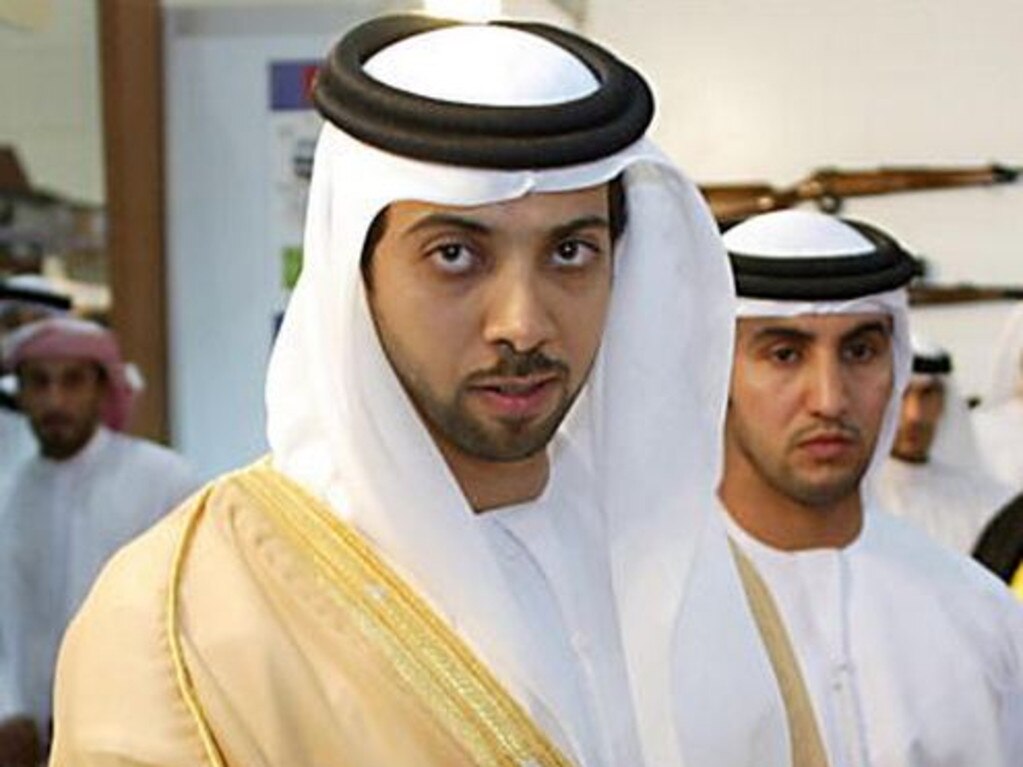
There were further examples that Sheikh Mansour could have been the source of sponsorship revenue for Abu Dhabi state-owned companies like investment firm Aabar. Der Spiegel cited a 2010 email to Aabar from Pearce, the City director who also works for Abu Dhabi’s Executive Affairs Authority.
“As we discussed, the annual direct obligation for Aabar is GBP 3 million,” Pearce wrote. “The remaining 12 million GBP requirement will come from alternative sources provided by His Highness.”
Questions have been raised about how the leaks were obtained that now cast a shadow on the reputation of City.
A Portuguese man, Rui Pinto, has been implicated in the obtaining of damaging information about European football. Pinto’s lawyer, Francisco Teixeira da Mota, said his client has been helping law enforcement in other European countries with investigations into their clubs’ finances.
Pinto was extradited last year to Portugal from Hungary, where he had lived since 2015, after Portuguese police investigations concluded he hacked into computers in his home country. He has been held in detention in Portugal since March.
A Portuguese judge ruled last month that prosecutors have enough evidence incriminating Pinto for him to stand trial. Pinto is accused of attempted extortion and hacking into secret information held by Sporting Lisbon and the Portuguese soccer federation, including financial dealings.
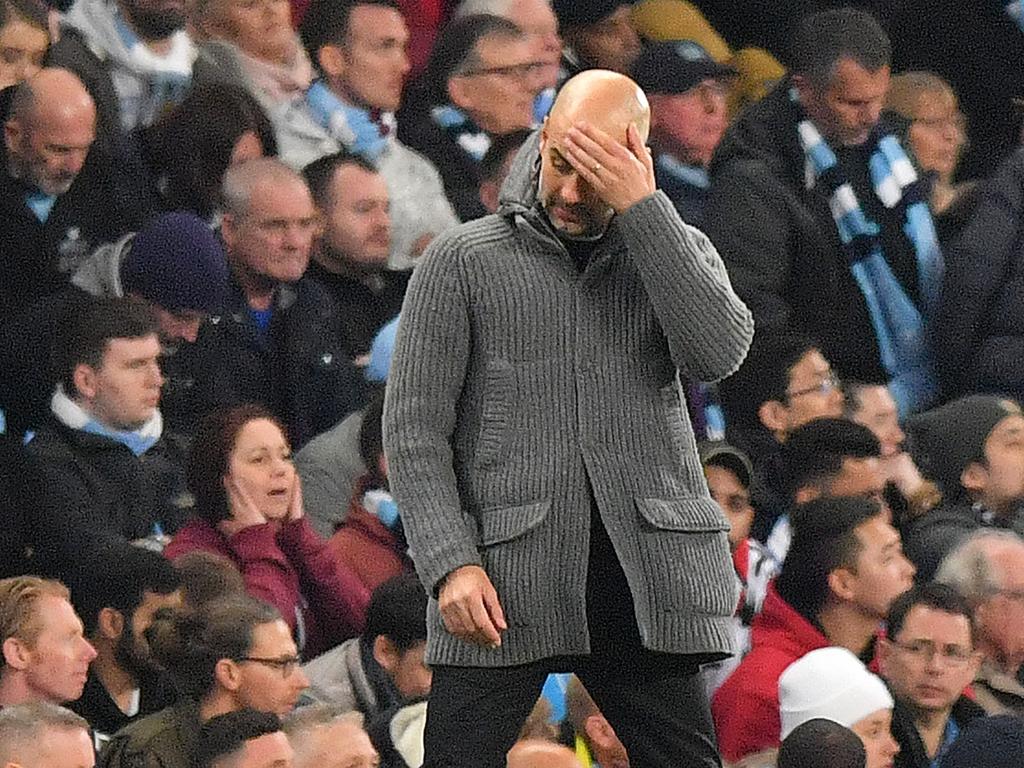
City has previously been punished by UEFA for violating FFP, striking an agreement in 2014 that saw the team fined rather than banned from the Champions League for inflated sponsorship deals with companies linked to the club or its ownership. A leaked 2014 email from City lawyer Simon Cliff to a colleague showed the death of UEFA’s lead FFP investigator being celebrated: “1 down, 6 to go.”
Since July 2011, UEFA has monitored the accounts of all clubs entering its two club competitions in a bid to curb unfettered spending on players regardless of the owners’ wealth.
The first period UEFA assessed clubs for compliance with FFP was 2011-13, when owners were allowed to cover losses up to 45 million euros.
City has been transformed into an English soccer power in the decade since being bought by Sheikh Mansour bin Zayed Al Nahyan, a deputy prime minister of the United Arab Emirates and a member of Abu Dhabi’s royal family, winning the Premier League four times since 2012.
The City Football Group, of which City is the key component, was valued at $4.8 billion in November after U.S. private equity firm Silver Lake bought a stake of around 10% for $500 million. Silver Lake became the second major partner in the group, with a Chinese consortium owning 12% of the equity. There are partner clubs in New York, Melbourne and Yokohama, among others.
The UEFA statement did not reference any specifics of the evidence that led to the punishment.

